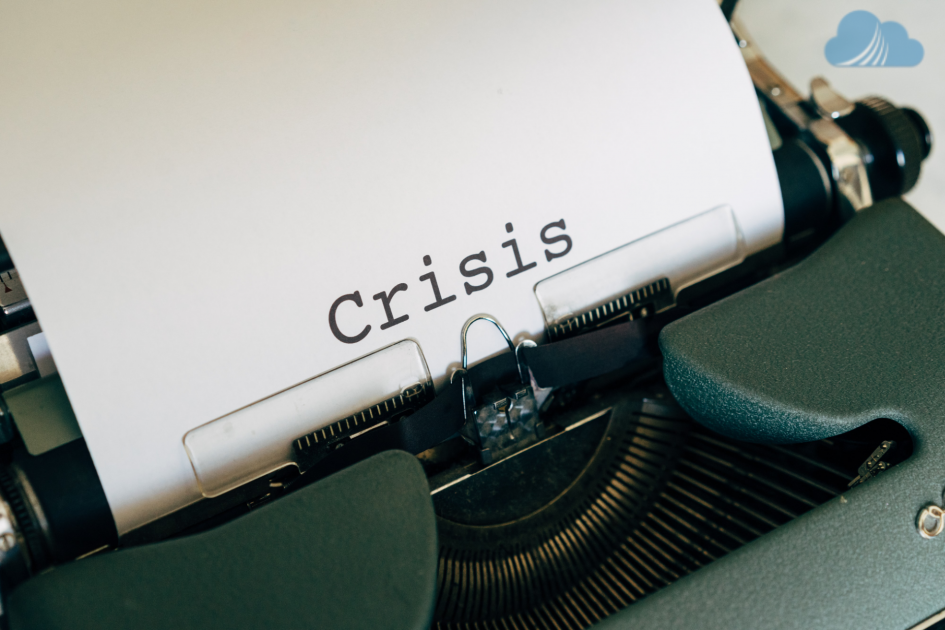Preparing your finances in the worst Economic Situations In terms of economic devastation, the year 2020 will always be remembered as the year the COVID pandemic wreaked havoc on the economic world. Hopefully, these trying times have given you a little insight as to why you should always prepare financially for the worst possible economic situations.
In Canada, millions of residents had their personal financial stability threatened by the pandemic. Despite the best intentions of the CERB, it has been difficult for Canadians to manage their savings and keep themselves afloat. The reality is cash has been limited and the costs of living never seem to stop.
In the sections below, the information is going to focus on the five things you can do in the future to financially survive recessions or another COVID outbreak.
1. Prepare a Monthly Budget
It’s a shame they don’t teach high school students how to manage their financial resources. It’s something every adult should know how to do before they head out into the financial world on their own.
The most basic tool you should have in your arsenal for managing your finances is the ability to prepare a monthly budget. This is a process that allows you to list out all your sources of income as well as listing out all the monthly expenses you plan to incur.
It’s very important that your budget reflects the truth about your financial situation. After all, you should plan on using your budget as a guide to help you get through each month efficiently as possible.
When you have all of your income and expenses sitting before you in black and white, you are looking at the financial reality of your life. If expenses exceed income, you might need to make lifestyle adjustments to reverse the deficit. It’s all about learning how to live within your means so you will always have the financial resources to survive tough economic times.
Financial stability will be yours when your income exceeds expenses by enough to allow you to save for a rainy day.
2. Start Saving Money Now
If your budget efforts were to bring about positive results, you should find yourself in a position where you can start saving money. After reviewing the plight of every Canadian man and woman, it’s clear the people who have been most successful at surviving the COVID pandemic are the people who have had access to savings.
Heading into the future, you should now have a better understanding of why people need to save money. Without adequate savings, you place yourself at the mercy of luck and fate. With money in banks or situated in a good investment, you should have enough financial resources to survive the worst of times.
Remember, CERB might not always be there to serve as your safety net when money starts running out. Now is the time for you to start putting money aside and prepare for the next recession or economic disaster.
As part of your money-saving efforts, we encourage you to invest your money whenever possible. Money in banks might be secure, but the economic returns are non-existent. It would be a far better idea to let the money you save start making more money for later down the road.
3. Managing Costs
If your cash and income are limited, saving money could be a real challenge for you. One of the ways you can create extra money is to learn how to manage your costs of living.
There are two kinds of expenses you have to manage each month. The first group of expenses is your fixed expenses. These are the expenses that are unavoidable and the same every month. The list of your fixed expenses might include:
- Rent or mortgage
- Insurance payments
- Car payment
The other kind of expenses you need to prepare for are variable expenses. These are expenses that come every month but come in varying amounts. This category would include:
- Car expenses
- Food
- Clothing
- Entertainment
- Utilities
- Home repairs and maintenance
One thing you might note about variable expenses is you have some control over these expenses. You can limit your car expenses by limiting the amount of time you are diving. You can save on utilities if you manage your electricity usage. As for food, you might be able to save money by eating more at home and avoiding a life of fast-food living.
By identifying your variable expenses, you can gain control over what you are spending. By doing that, you can create the extra cash you might need in the future.
4. Protect Your Credit Rating
In an emergency, you might need the ability to borrow money. Lenders always see a surge in loan requests when the economy goes bad or new viruses start attacking the population.
As you well know, your ability to borrow money at a reasonable interest rate will depend a great deal on your credit rating. If your rating is good to excellent, you would most likely be able to find a lender that could help you. If your credit rating were less than good, banks won’t be interested in lending to you. However, there are lenders that specialize in giving loans to people under adverse conditions.
Keeping all of this in mind, you must always do what is necessary to maintain good credit. During bad economic times, your ability to borrow could be the difference between feast or famine.
5. Have a Plan B
COVID19 has taught everyone that the unexpected can happen at any time. We have collectively watched as the CERB tried to help millions of Canadians while their businesses were going under and their bank accounts were being drained.
There is no telling when the safeguards against COVID19 are going to be fully lifted. There is even news of a related virus now traveling throughout the world. With so much economic uncertainty in Canada, it might not be enough to budget and have a financial plan. You might want to also consider establishing a plan B.
To be clear, millions of people in Canada and the US had financial plans to help them get through economic difficulties. However, no one could have anticipated the extent of the COVID19 virus, and the way governments would react. It has been close to a year, and people are still reeling from the impact of lockdowns and business closures.
What would a plan B look like? You might want to do things like selling off assets or moving into cheaper areas of the country. Any attempts to downsize your life would certainly help you get through tough times. A good plan B would be a plan that would help you sustain under extraordinary circumstances. Under the current virus limitations, it’s hard to argue against the fact we are all living under extraordinary circumstances.







